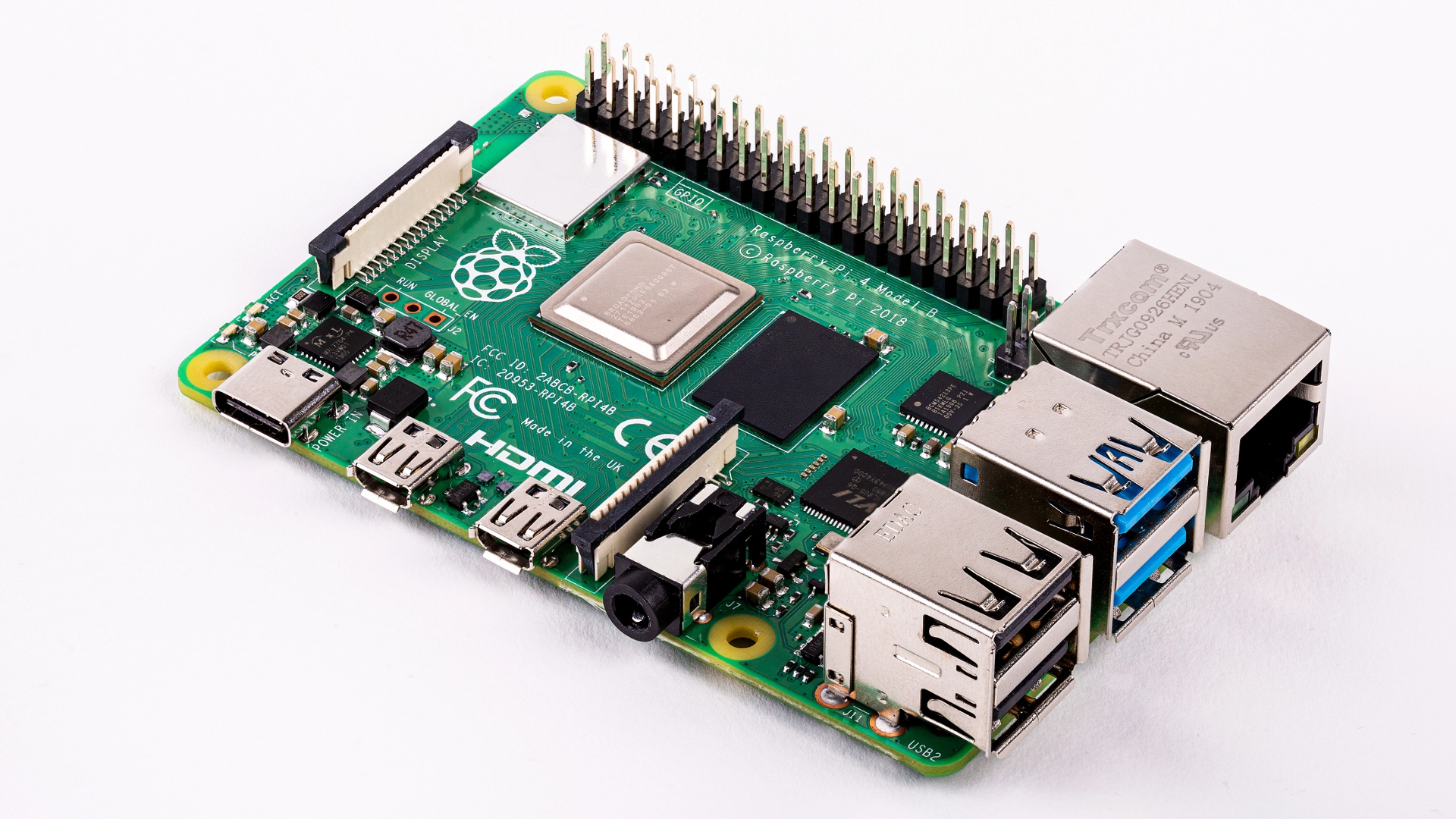Yes, you really can run Windows 11 on Raspberry Pi
Wait, what? Windows 11 on Raspberry Pi?

Sign up for breaking news, reviews, opinion, top tech deals, and more.
You are now subscribed
Your newsletter sign-up was successful
Microsoft caused outrage when it announced the minimum hardware requirements for Windows 11. But as it turns out, the new operating system runs on Raspberry Pi.
A Windows 11 preview build is now available to download for members of the Windows Insider early-access program. However, the Windows 10 successor sports a demanding list of hardware requirements that has left many eager users in the lurch.
Surprisingly though, multiple testers have posted videos and tutorials showing that the Windows 11 preview can run on the puny little Raspberry Pi 4.
- Check our list of the best Raspberry Pi distros
- These are the best business computers currently available
- Also check our list of the best business laptops
Officially, Microsoft’s only operating system for the Pi is Windows 10 IoT Core, which isn’t a full-fledged desktop operating system, designed instead to power low-cost appliances.
But that hasn’t stopped intrepid tinkerers from getting the full Windows desktop experience on the RPi.
Windows 11 on Raspberry Pi
Tom’s Hardware has a detailed tutorial on getting Windows 11 (or indeed even Windows 10) to boot on the Pi.
In broad strokes, the process involves fetching an image of the Arm64-bit version of Windows 11 and writing it to a microSD card or SSD drive with the help of the Windows on Raspberry Pi (WoR) utility.
Sign up to the TechRadar Pro newsletter to get all the top news, opinion, features and guidance your business needs to succeed!
Even more surprisingly, Tom’s Hardware and others report that Windows 11 performs adequately well across all the usual desktop tasks, including browsing the web with Edge.
While we don’t expect Microsoft to officially support the full fledged Windows 11 release on RPi, the experiments should bring a smile to the face of people with hardware that doesn’t meet the official minimum requirements for Windows 11.
If you still can’t get Windows 11 on your desktop, take comfort knowing that you can always run it on the cheap little RPi.
- Here’s our roundup of the best laptops for programming
With almost two decades of writing and reporting on Linux, Mayank Sharma would like everyone to think he’s TechRadar Pro’s expert on the topic. Of course, he’s just as interested in other computing topics, particularly cybersecurity, cloud, containers, and coding.
